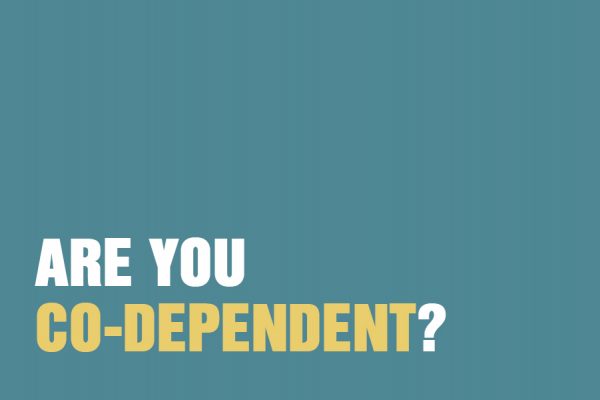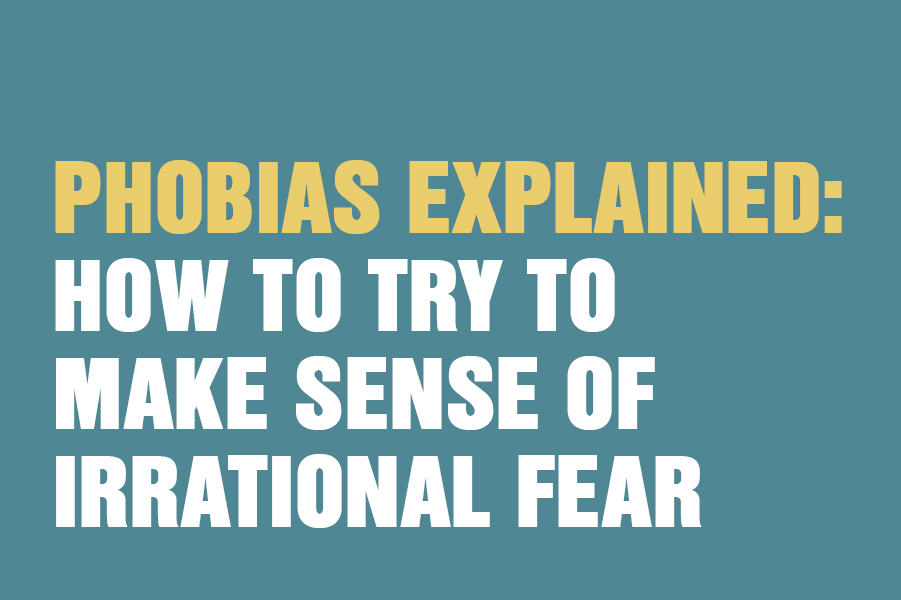Anger is a natural, healthy emotion. We can all become angry from time to time, whether it’s triggered by inconsiderate drivers on the road, a partner who’s left the bathroom in a mess yet again, crowds on the street getting in the way when you’re in a hurry to be somewhere or even being criticised for who you are or what you do. It can sometimes feel as though the world is out to get you.
To have the emotion is natural. Yet anger isn’t always expressed in a healthy manner. People express anger in different ways: some internalise it, while others tend to externalise it.
People who internalise their anger and find it difficult to express it (or even recognise that they are angry) may become depressed and withdrawn. They may fear their own anger, or feel ashamed of expressing it. They may possibly feel scared at how their anger will be received, and if they will provoke retaliation or punishment from the other. Taken to extremes, people who internalise their anger, where the rage becomes so overwhelming, may turn their thoughts to self-harm and even suicide.
People who externalise their anger may have difficulty keeping a lid on their emotions. They may become reactive, exploding in rage and saying things that affect others. If rage is in the driving seat, what they say may be inappropriate, hurtful or demeaning. They may come across as aggressive, and other people around them may fear their outbursts. Taken to the extreme, people who externalise their anger may become violent, with the intention of physically hurting the person or thing that has provoked their anger. Its is important to recognise in yourself or someone you know the symptoms of anger and consider anger management counselling as an appropriate response to curving extreme reactions to anger and aid in mitigating the impact of anger outburst.
People who become angry either internally or externally find it extremely difficult to soothe themselves.
If you frequently find yourself exploding, then try these three anger management tips before your rage takes hold:
Walk away from the situation
Find some space to calm down and gain perspective on what is triggering you. If it is your partner, work colleague, friend or family member, tell them you are walking away and will come back when you have calmed down.
Take some time to reflect
Try to work out why you are angry, either with another or yourself. Maybe write something down and go for a walk. Buying yourself that time will give you the opportunity to think through the situation and enable you to respond rather than react. They are two very different things: reaction shows little control, and what you say or do may come back at you. Responding comes from a calmer place.
Communicate your thoughts and feelings
Tell the person how you feel. Or, if it’s a situation where you can’t discuss things directly with the person, speak to someone you are close to and trust so you can process your situation. Remember to communicate from the ‘I’ perspective. Our anger may frequently be triggered by others around us, and there can be the temptation to blame others for our feelings. Instead of saying: “You never listen to a thing I say. You’re much more interested in playing on your phone than giving me any attention.” Try saying: “I feel frustrated when I talk to you and you continue to look at your phone.” That way, the onus is on you and how you feel, rather than triggering confrontation with the other.
These tips can help you in the moment when anger is beginning to take hold. However, if you feel that your anger has deeper roots that you need to explore, then anger management therapy may be for you. Counselling can support you in managing your feelings of anger and rage. It can look at the triggers, your family history (where anger may or may not have been permitted), and can identify strategies to help you soothe your angry feelings and feel calmer all round.
To take the first step towards understanding and managing your anger, call 020 8673 4545.








